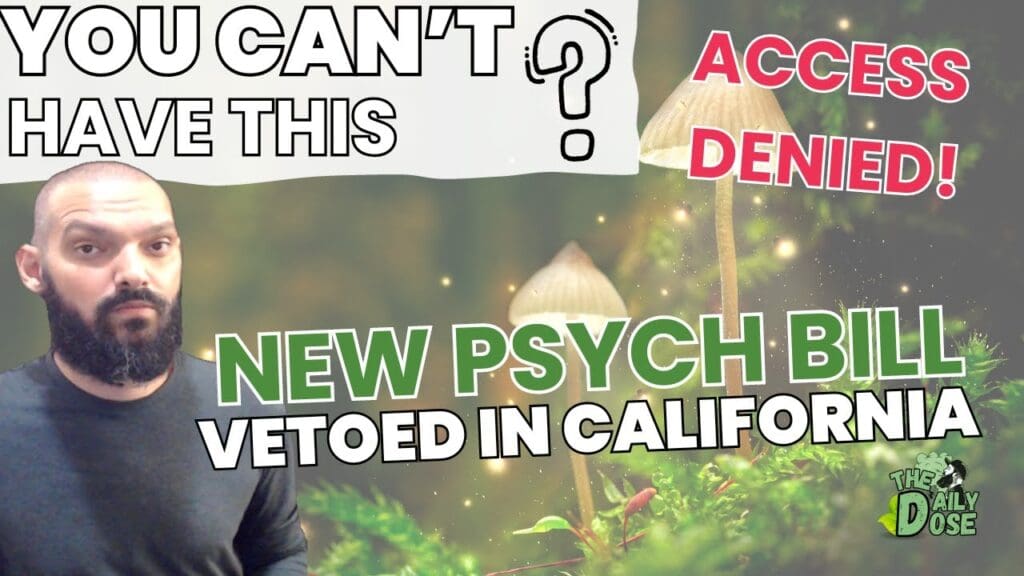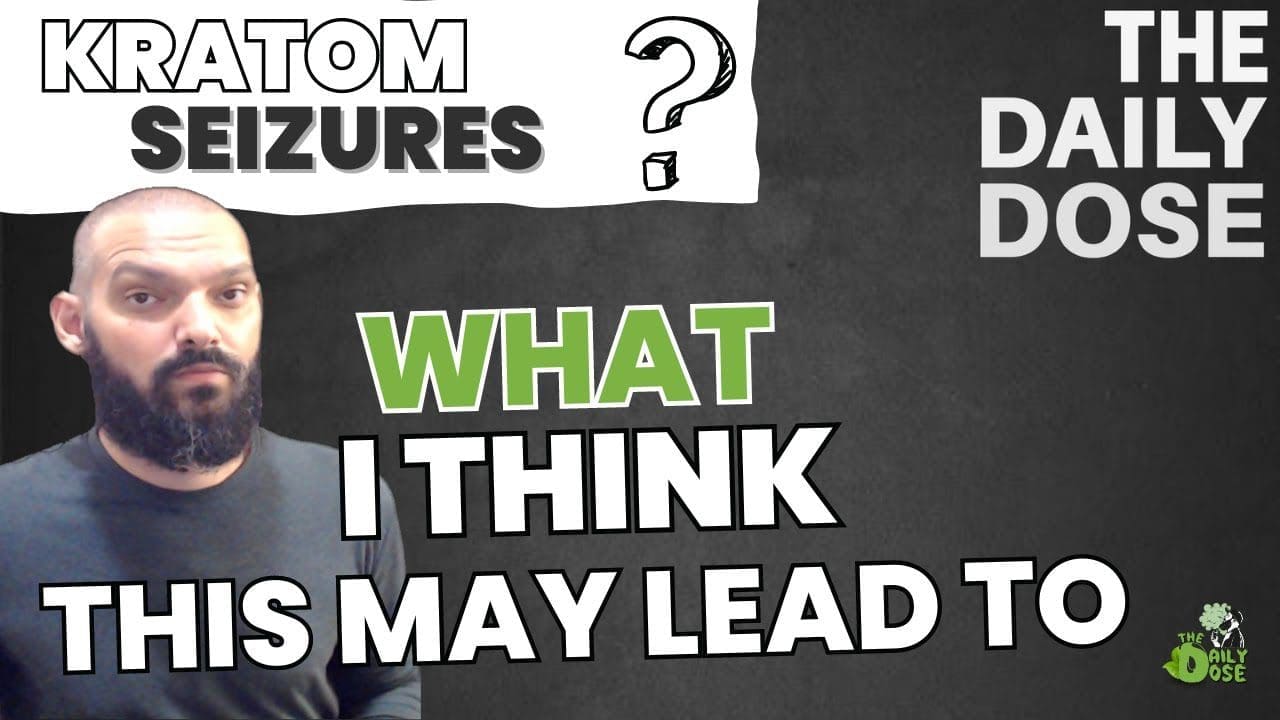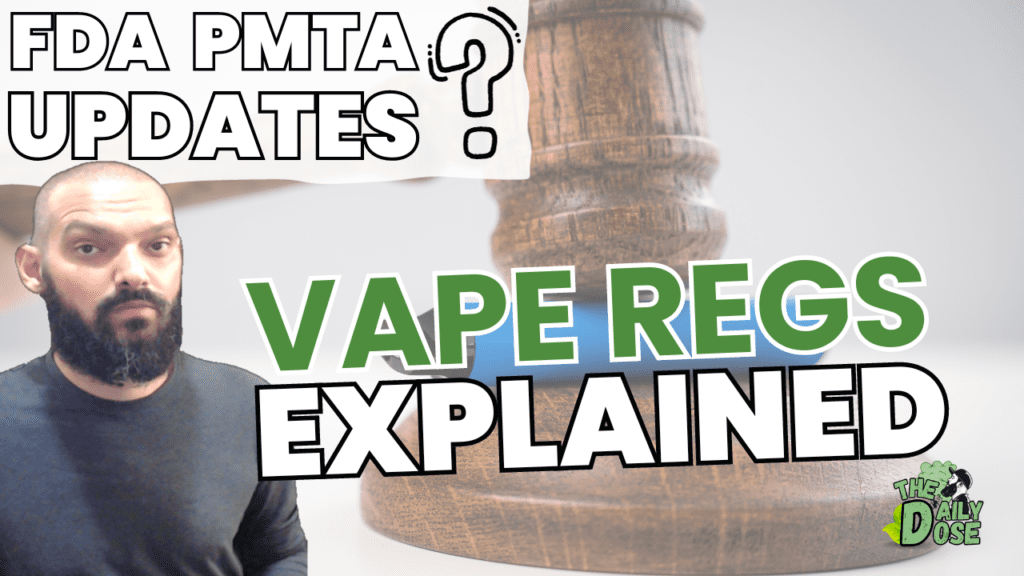Checkout the full audio episode here: The Daily Dose Podcast
Psychedelic Bill California Law
Table of contents
- Psychedelic Bill California Law
- Introduction Of The Psychedelic Bill
- The Veto Decision
- The Current Landscape Psychedelic Bill
- Supporters and Opponents
- The Role of Scientific Research
- The California Coalition for Psychedelic Safety and Education
- Senator Scott Wiener’s Perspective
- Possibilities for the Future
- The National and Global Perspective
- The Path Forward for California
- Conclusion
- FAQs
Introduction Of The Psychedelic Bill
California, known for its progressive stance on various social and cultural issues, recently found itself at a crossroads when Governor Gavin Newsom vetoed a bill aimed at decriminalizing the possession and personal use of hallucinogens.
This decision has sparked debates and discussions across the state, as it has implications not only for California but also for the broader conversation surrounding psychedelics and their therapeutic potential.
The Veto Decision
In a statement, Governor Newsom expressed his reservations about the bill, highlighting the need for regulated treatment guidelines, therapeutic guidelines, and rules to prevent exploitation during guided treatments. He argued that decriminalizing possession should only occur after these guidelines are firmly in place. This decision has left many wondering about the future of psychedelics in California.
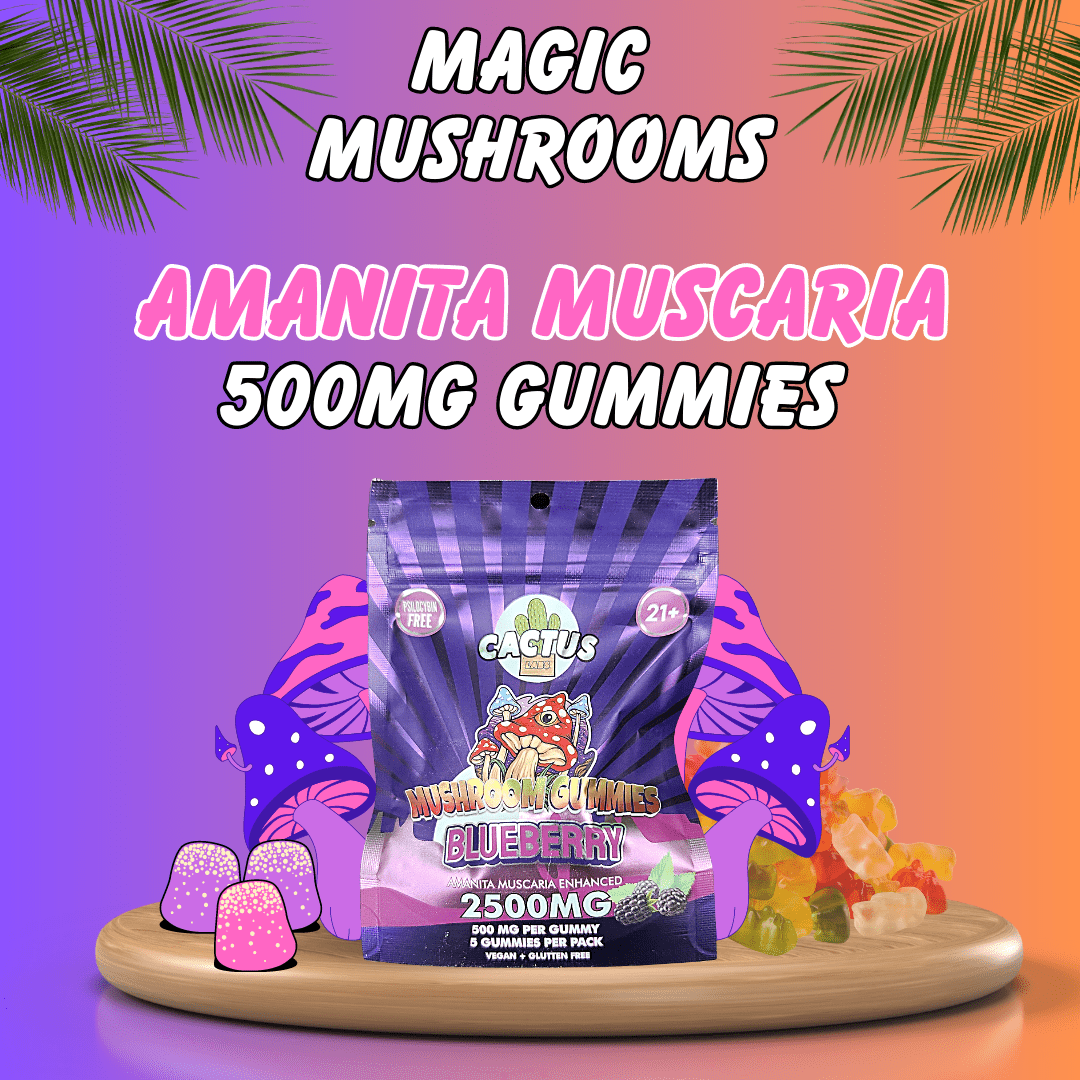
The Current Landscape Psychedelic Bill
Recent years have seen a resurgence of interest in psychedelics as an alternative approach to treating various mental illnesses, including post-traumatic stress disorder (PTSD) and treatment-resistant depression.
The Federal Drug Administration (FDA) recognized psilocybin as a “breakthrough therapy” for treatment-resistant depression in 2019. Moreover, the draft guidelines published by the FDA on using psychedelics in clinical trials have further highlighted their therapeutic potential.
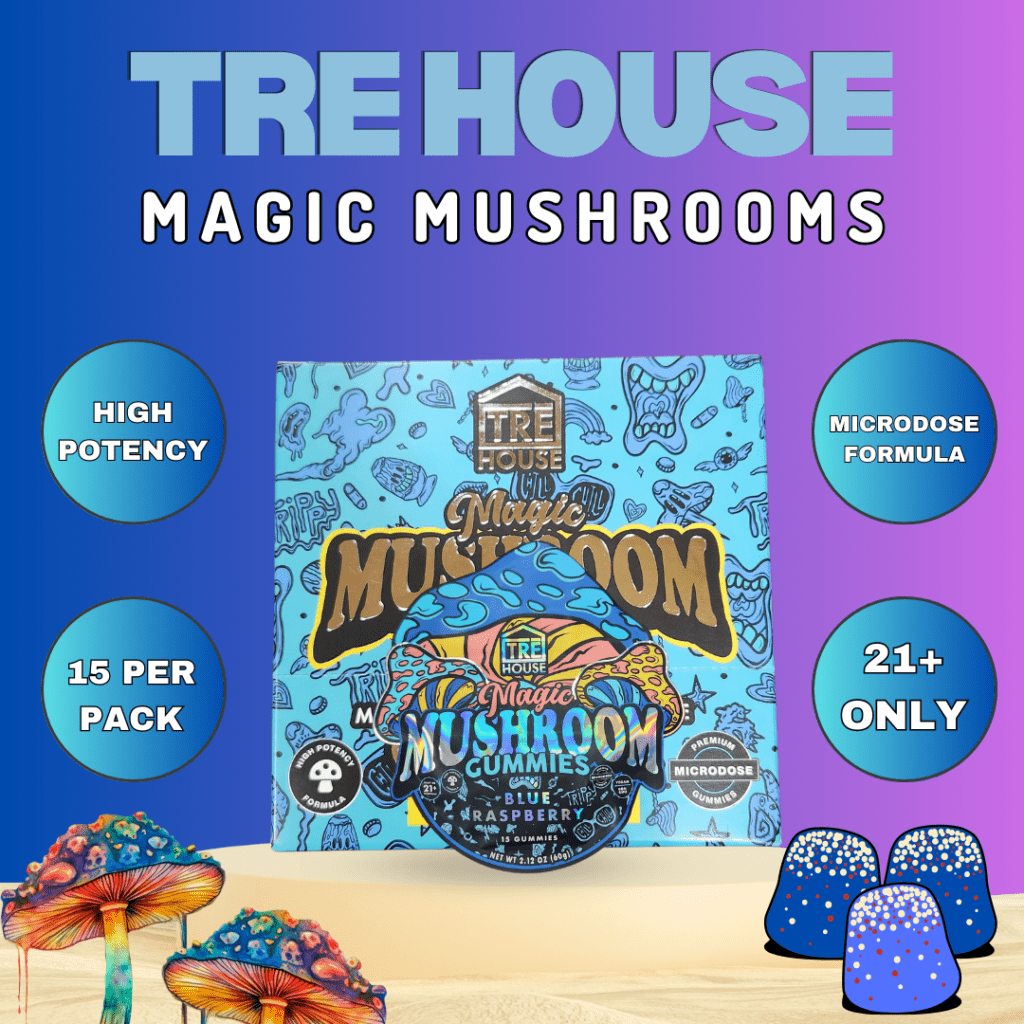
Supporters and Opponents
Supporters of the vetoed legislation include veterans who have attested to the benefits of psychedelics in treating trauma and other illnesses. Joe McKay, a retired New York City firefighter who responded to the 9/11 attacks, stated, “Psilocybin gave me my life back.”
On the other hand, opponents argue that the long-term benefits and risks of these substances are still largely unknown. Concerns have been raised about potential increases in crime, although studies have shown that decriminalization does not necessarily lead to higher crime rates.
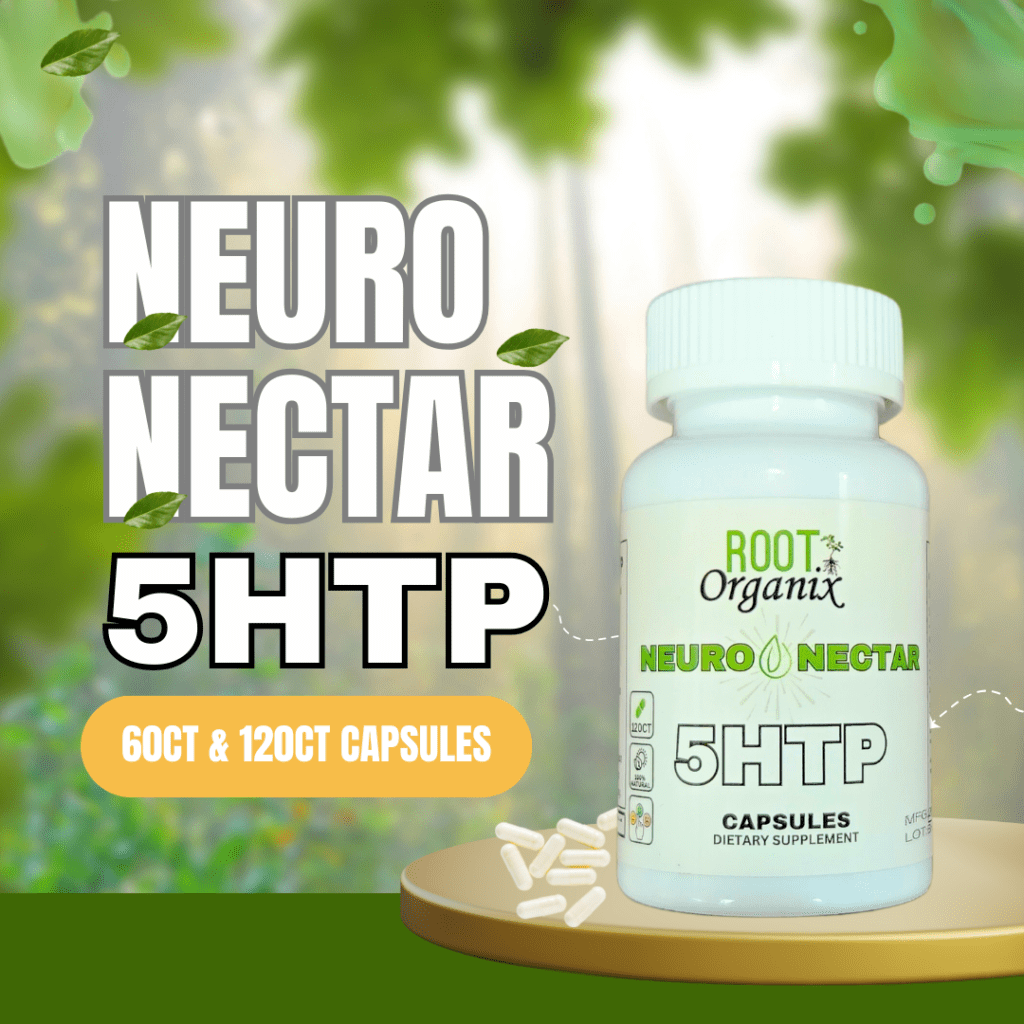
The Role of Scientific Research
Scientific research has played a pivotal role in reshaping public opinion on psychedelics. While these substances were once associated with the counterculture of the 1960s, they are now seen as promising tools for mental health treatment.
Research has shown that controlled and guided use of psychedelics can have profound positive effects on individuals suffering from various mental health conditions.

The California Coalition for Psychedelic Safety and Education
This coalition, which opposed the vetoed bill, emphasizes the importance of safety protocols, public education campaigns, and emergency response procedures. They argue that these safeguards are necessary to ensure the responsible use of psychedelics in California.
Senator Scott Wiener’s Perspective
Senator Scott Wiener, the author of the vetoed bill, views the veto as a missed opportunity for California to lead the nation in adopting a more progressive stance on psychedelics. He believes that criminalizing access to these substances makes people less safe and reduces access to therapeutic help.

Possibilities for the Future
Despite the setback of the veto, Senator Wiener has expressed his intention to introduce new legislation in the future. His previous attempts to decriminalize the use and possession of other substances like LSD and MDMA demonstrate his commitment to this cause.
The National and Global Perspective
California is not the only state exploring the decriminalization of psychedelics. Oregon and Colorado have already taken steps in this direction, and other states may follow suit. Additionally, the global perspective on psychedelics is shifting, with countries like Canada and the Netherlands exploring their therapeutic potential.
The Path Forward for California
While Governor Newsom’s decision has put a temporary halt to decriminalization efforts, advocates are not giving up. Initiatives are in motion to potentially place measures related to psychedelic use on the November 2024 ballot. These initiatives could pave the way for a new chapter in California’s approach to psychedelics.
Conclusion
Governor Newsom’s veto of the bill aimed at decriminalizing hallucinogens in California has ignited a contentious debate that goes beyond state borders. While it has temporarily halted progress in this area, the potential for change remains.
As scientific research continues to shed light on the therapeutic benefits of psychedelics and public opinion evolves, California may find itself revisiting this issue in the near future.
The veto has sparked conversations about the balance between individual freedom and the need for safeguards, making it a pivotal moment in the ongoing discourse surrounding psychedelics and their place in modern society.
FAQs
Governor Newsom vetoed a bill aimed at decriminalizing the possession and personal use of hallucinogens, including psychedelic mushrooms, psilocybin, DMT, and mescaline, for individuals aged 21 and older.
Governor Newsom cited the need for regulated treatment guidelines, dosing information, therapeutic protocols, and rules to prevent exploitation during guided treatments as reasons for the veto. He believed that decriminalization should occur after these guidelines are established.
Scientific research has played a significant role in shifting public opinion on psychedelics. Studies have demonstrated their therapeutic potential in treating mental health conditions such as PTSD and treatment-resistant depression, leading to increased interest and support.
Supporters highlight the benefits of psychedelics in treating trauma and other illnesses, emphasizing their potential to improve lives. Opponents express concerns about the unknown long-term effects of these substances and fear potential increases in crime.
This coalition emphasizes the importance of safety protocols, public education campaigns, and emergency response procedures to ensure the responsible use of psychedelics in California.
Related Articles:
- Magic shrooms For Human Evolution
- Magic shrooms Can They Help Me News Info And More
- Benefits Of Amanita Mushrooms Explored
- Main Article
- Mental Health Awareness Global Data
Meet The Author


